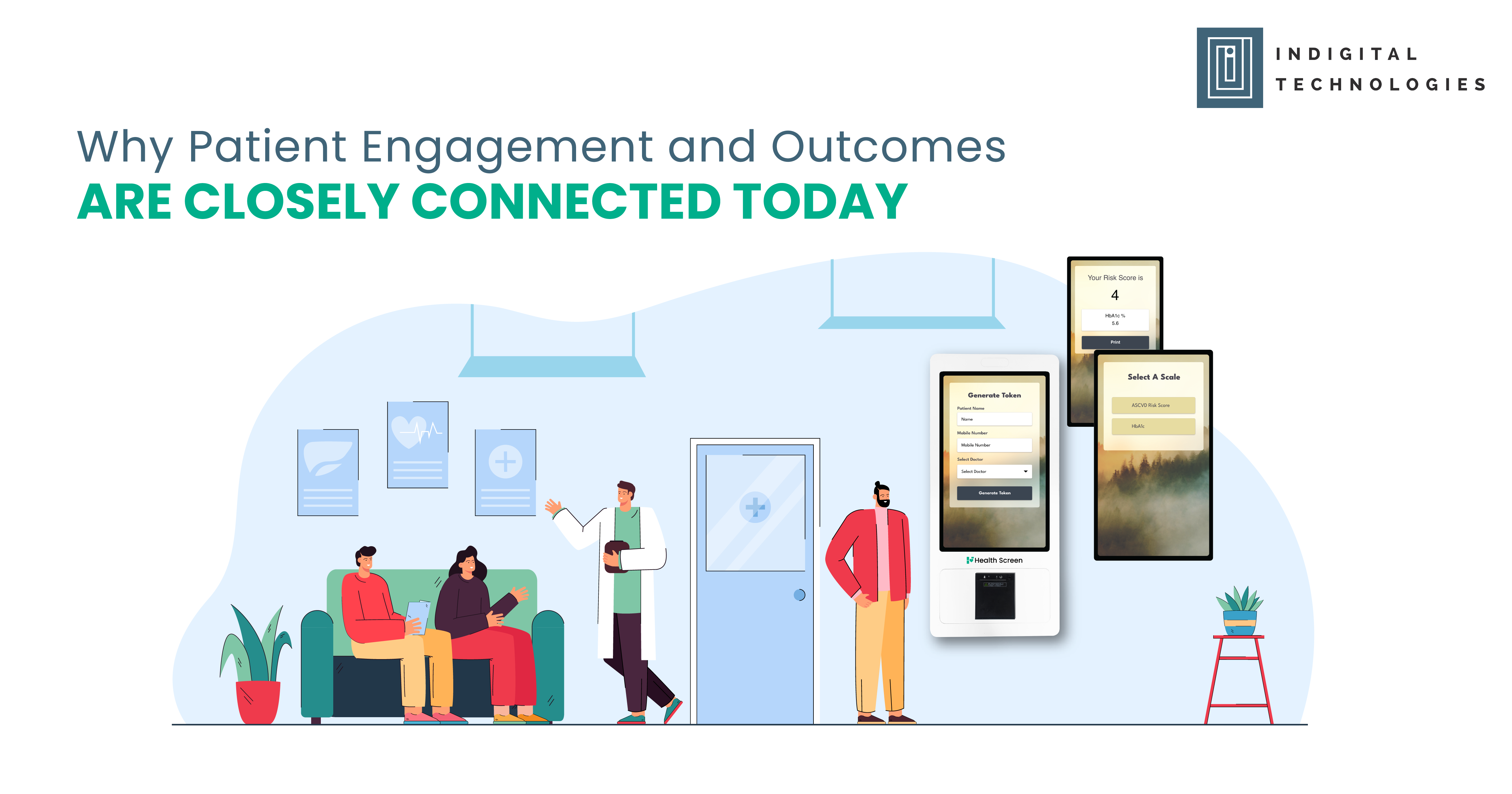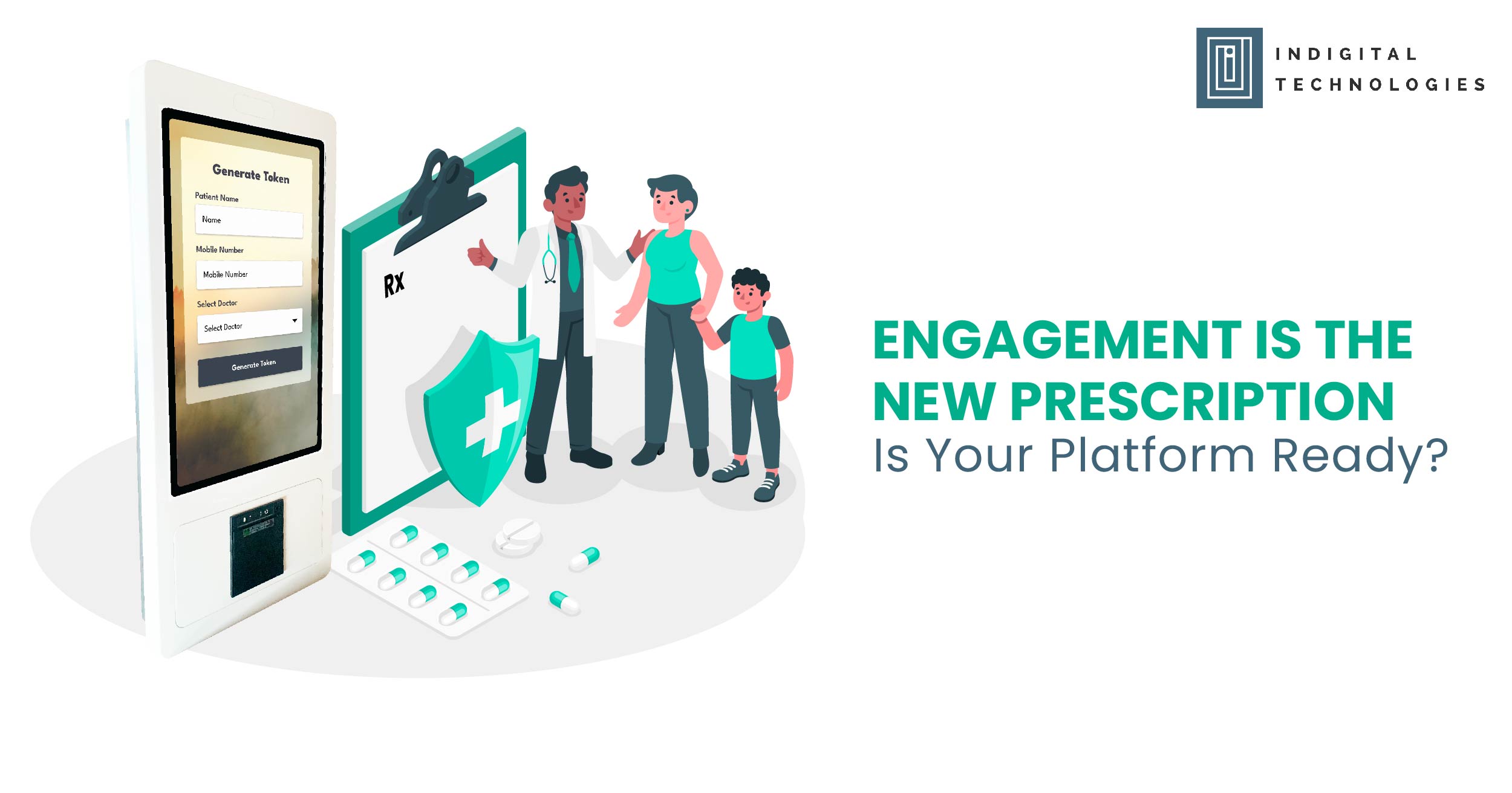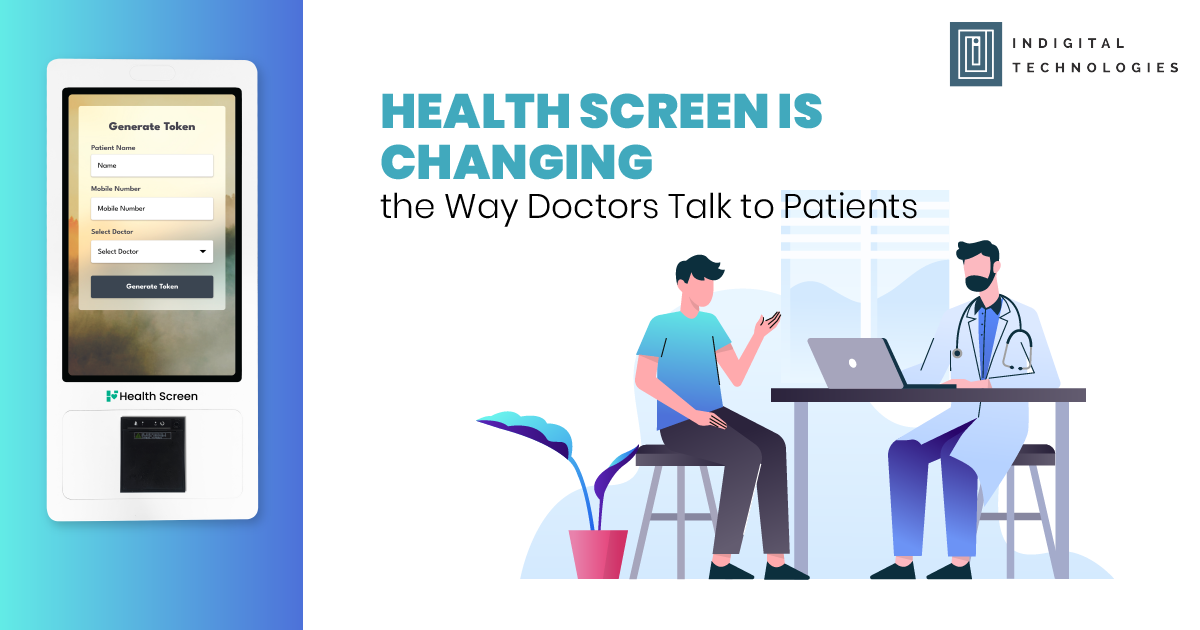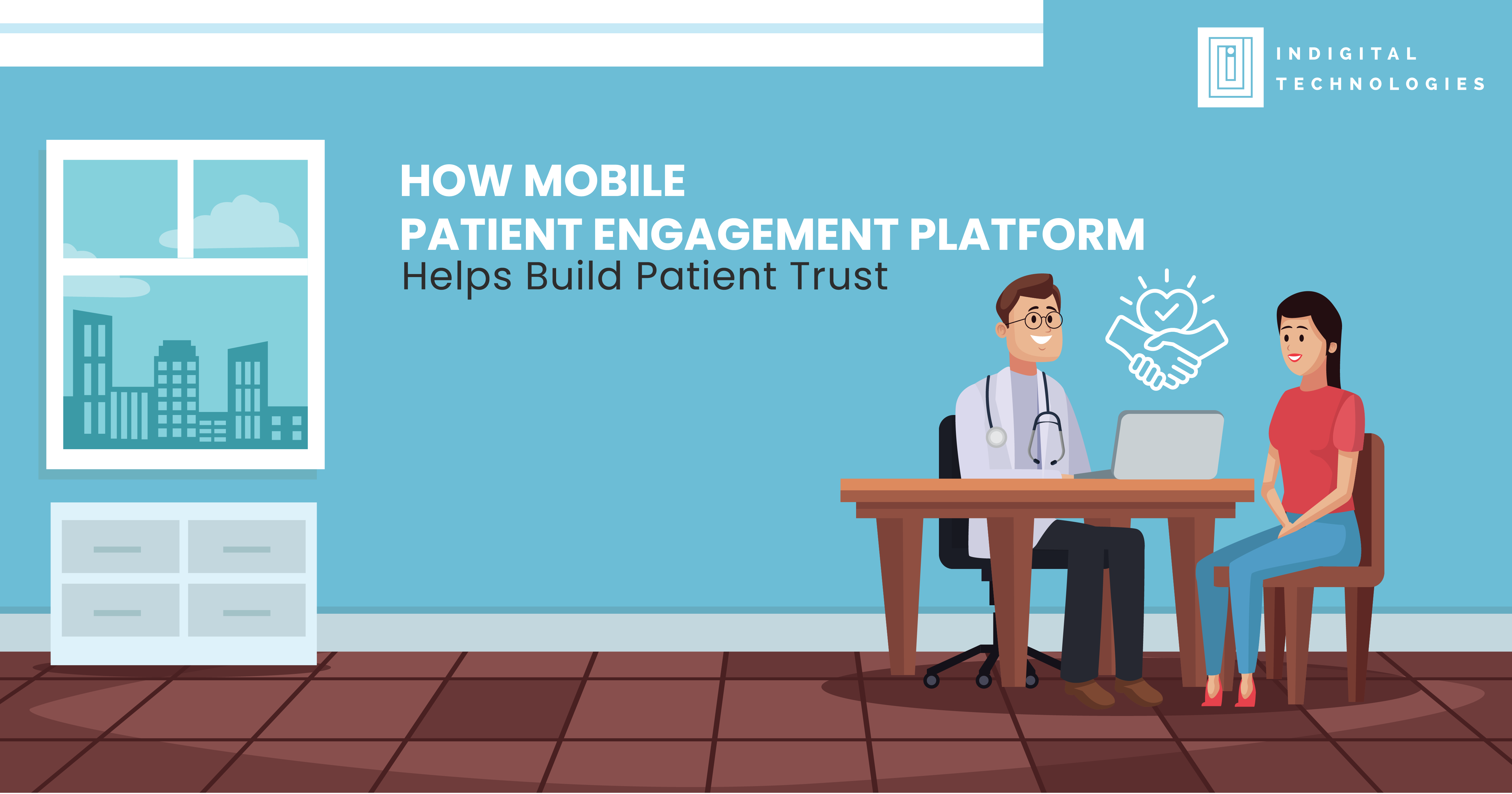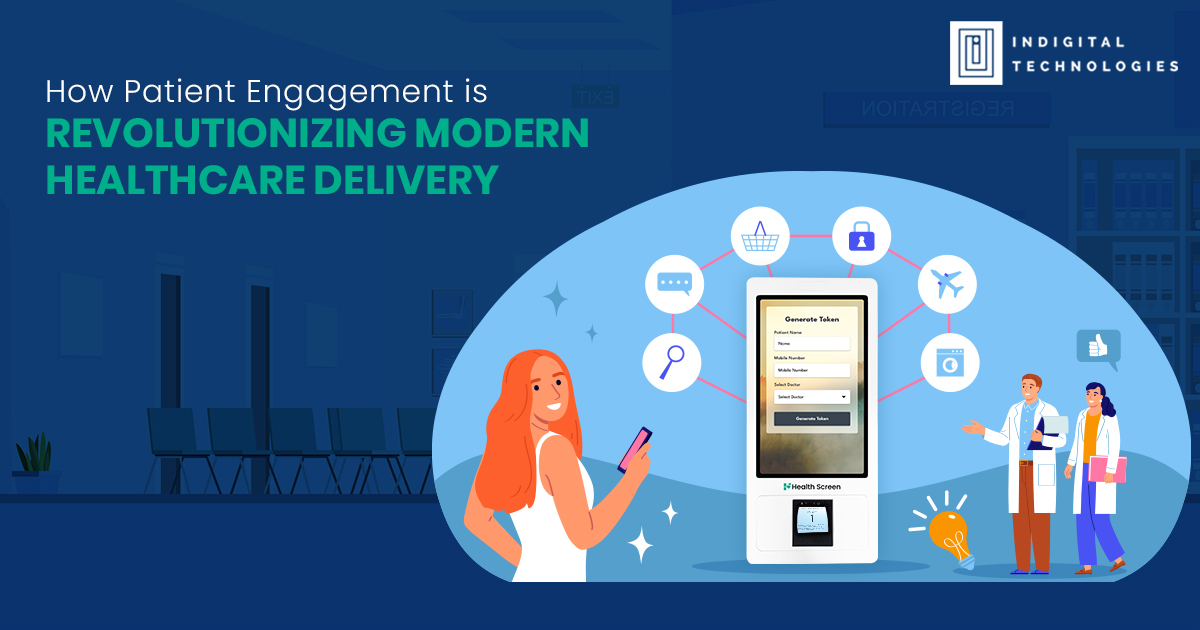Modern healthcare is witnessing a fundamental shift: patients are no longer passive recipients of care.
They are informed participants, actively seeking information, asking questions, and expecting to be engaged partners in their treatment journeys.
And with good reason.
Across specialties and healthcare systems worldwide, a clear truth has emerged: patient engagement is closely tied to improved health outcomes.
Clinics, doctors, and even pharmaceutical companies that invest in patient engagement strategies are finding that the rewards go far beyond satisfaction surveys — they impact real clinical success.
Let’s explore how and why this powerful connection works.
Defining Patient Engagement
Patient engagement means more than occasional contact or handing out informational brochures.
It’s an ongoing process where patients are:
- Informed about their health conditions
- Actively involved in care decisions
- Motivated to adhere to prescribed treatments
- Supported in making healthy lifestyle choices
- Empowered to manage their own health proactively
Effective engagement creates a partnership between doctor and patient, with shared responsibility for outcomes.
Digital tools — such as mobile apps, educational content, automated reminders, and follow-up support — have made patient engagement scalable and sustainable, even in busy clinics.
How Engagement Directly Impacts Outcomes
The link between engagement and outcomes isn’t just theoretical — it’s backed by extensive research.
1. Improved Medication Adherence
Patients who understand why they need a medication, how to take it properly, and what to expect are far more likely to stick to their prescribed regimens.
- Studies show that engaged patients are up to 40% more likely to adhere to long-term therapies.
- In contrast, poor engagement is a leading cause of treatment failure, hospital readmissions, and preventable complications.
2. Faster Recovery Rates
When patients follow care instructions closely — from physical therapy exercises to wound care to dietary changes — recovery times shorten.
Post-operative programs that combine in-person care with mobile-based follow-up support have demonstrated up to 30% faster recovery rates compared to traditional models.
3. Early Detection of Complications
Engaged patients are better at monitoring symptoms and reporting issues promptly.
This leads to faster interventions, preventing minor complications from escalating into major health crises.
In chronic conditions like diabetes, heart disease, or asthma, early alerts from engaged patients have been shown to reduce hospitalization rates by 20–25%.
4. Higher Preventive Care Uptake
Engagement also drives proactive health behavior:
- Vaccinations
- Cancer screenings
- Routine blood tests
- Lifestyle interventions (e.g., smoking cessation)
Patients who receive digital nudges, reminders, and educational materials are significantly more likely to schedule and complete preventive care appointments — ultimately reducing disease burden and healthcare costs.
Why Patient Engagement Matters More Than Ever in 2025
Several factors make patient engagement even more critical today:
- Complex Therapies: Modern treatments require detailed patient understanding and active participation.
- Chronic Disease Burden: Managing lifelong conditions demands continuous, informed self-care by patients.
- Digital Expectations: Patients expect healthcare to be as seamless and personalized as other aspects of their digital lives.
In this landscape, clinics that embrace engagement aren’t just improving experiences — they’re improving survival rates, quality of life, and long-term outcomes.
Pharma’s Role in Enhancing Patient Engagement
Pharma companies are uniquely positioned to support patient engagement initiatives:
- Educational Materials: Disease-specific explainer videos, FAQs, and mobile guides.
- Adherence Programs: Digital tools that track and encourage medication use.
- Awareness Campaigns: Empowering patients with information about prevention, screening, and new treatment options.
When pharma brands align themselves with patient engagement — not just product promotion — they build trust, increase therapy success rates, and differentiate themselves in a crowded market.
A 2024 McKinsey report highlighted that brands investing in patient engagement initiatives experienced 1.7x faster therapy adoption compared to those relying solely on traditional marketing methods.
Real-World Success Stories
Healthcare systems and clinics around the world have seen dramatic improvements through engagement:
- A cardiovascular clinic using mobile patient education videos saw a 25% increase in medication adherence within six months.
- A large oncology network implemented digital symptom tracking apps and reduced chemotherapy treatment interruptions by 22%.
- Diabetic patients enrolled in a digital lifestyle coaching program had a 35% improvement in glycemic control compared to non-engaged peers.
These results underline the fact: patient engagement is no longer a luxury — it’s a core driver of success.
Overcoming Barriers to Engagement
Of course, successful engagement requires careful planning:
- Simplicity: Tools must be easy to use, even for less tech-savvy patients.
- Cultural Sensitivity: Content must respect linguistic and cultural diversity.
- Trust and Privacy: Engagement platforms must safeguard patient data rigorously.
Choosing the right digital solutions — ones that prioritize patient experience and compliance — is essential to maximize impact.
Future Outlook: Engagement Gets Even Smarter
By 2026 and beyond, patient engagement will evolve with:
- AI Personalization: Predicting when a patient needs a motivational message, a medication reminder, or an educational update.
- Behavioral Nudging: Subtle, personalized encouragement techniques to reinforce healthy behavior.
- Integrated Health Ecosystems: Seamless connections between mobile apps, wearable devices, clinics, and hospitals.
Those who embrace these trends today will lead tomorrow.
Conclusion
The connection between patient engagement and outcomes is clear, compelling, and growing stronger every day.
Engaged patients are healthier patients.
They are more adherent, more proactive, and more loyal to their providers.
For doctors, clinics, and pharma brands alike, investing in digital patient engagement isn’t just about technology — it’s about transforming lives, strengthening relationships, and building a future where healthcare is truly collaborative.
In today’s world, better engagement means better outcomes.
It’s not just a nice-to-have — it’s the blueprint for success.

